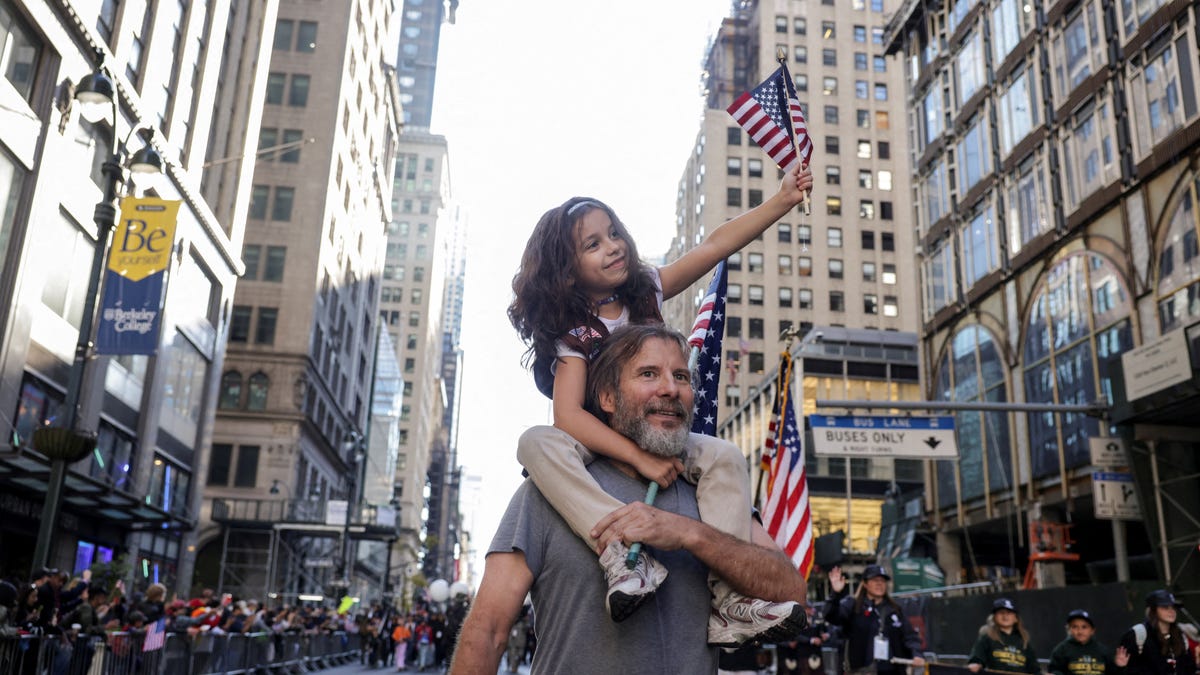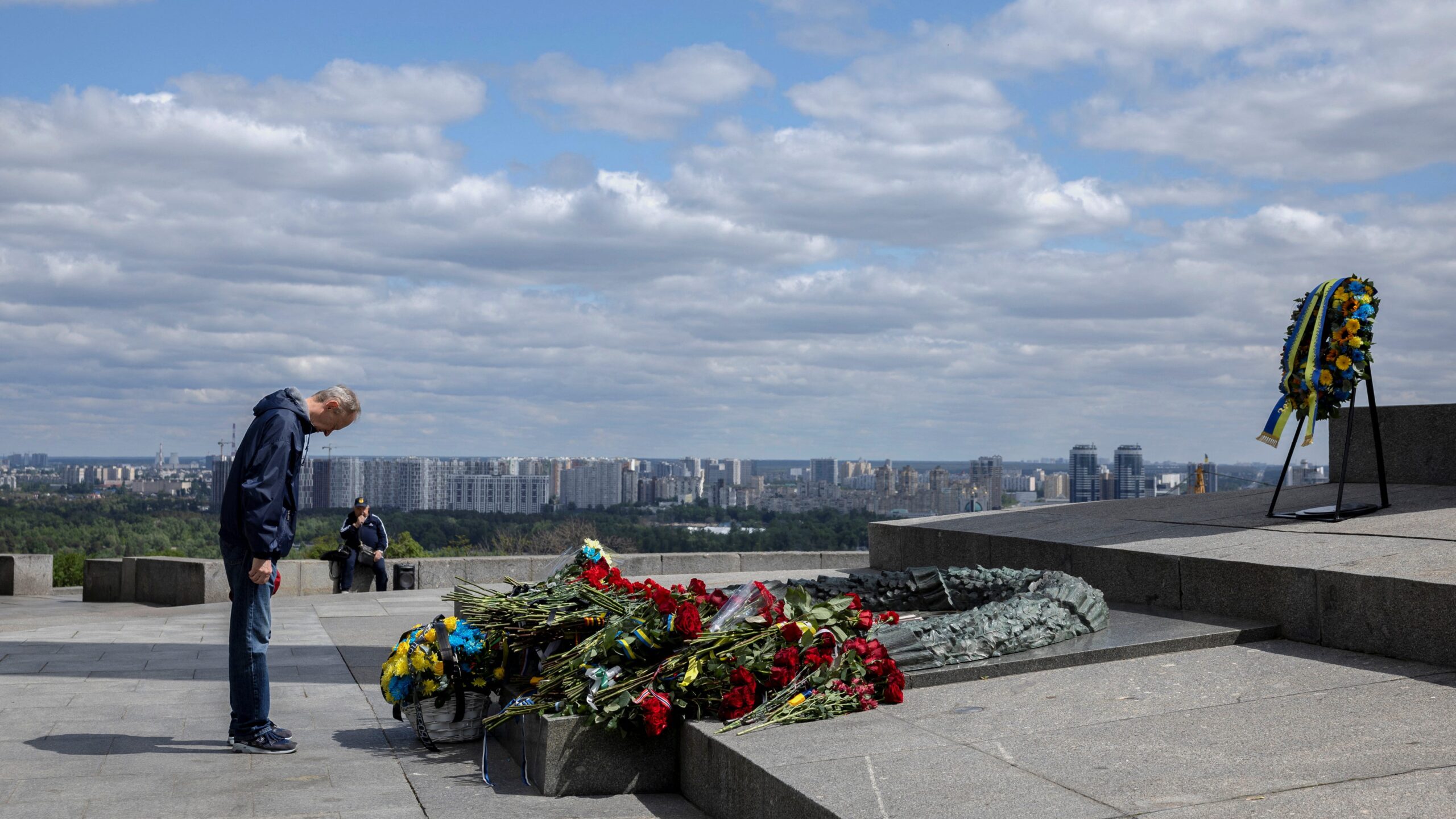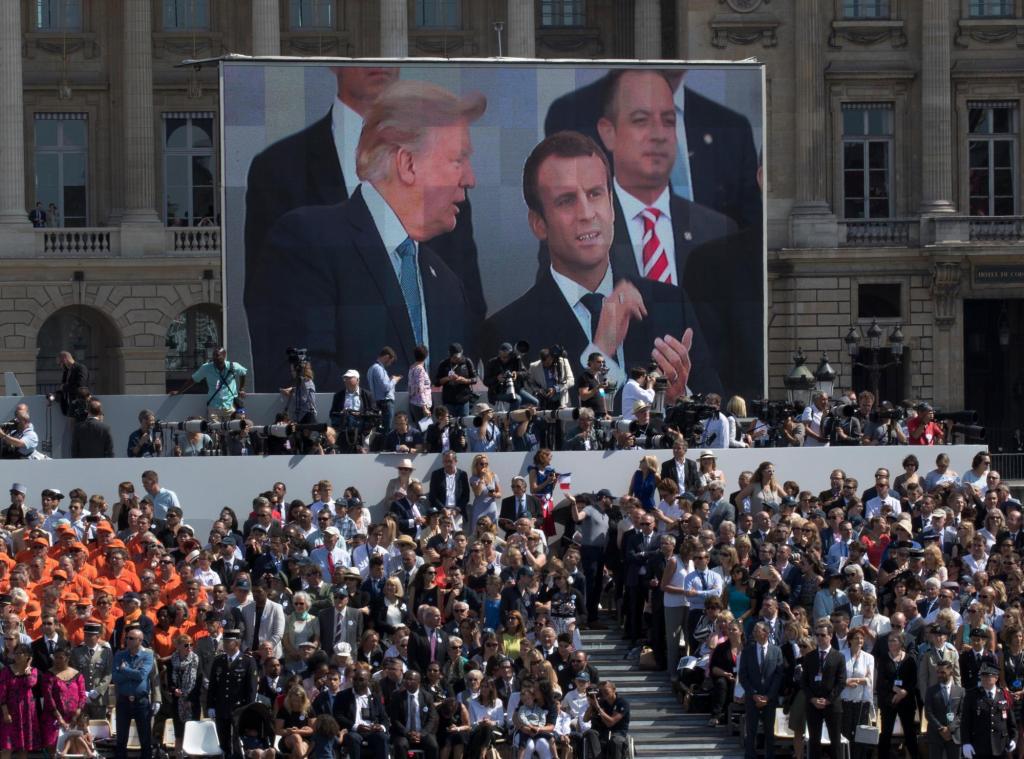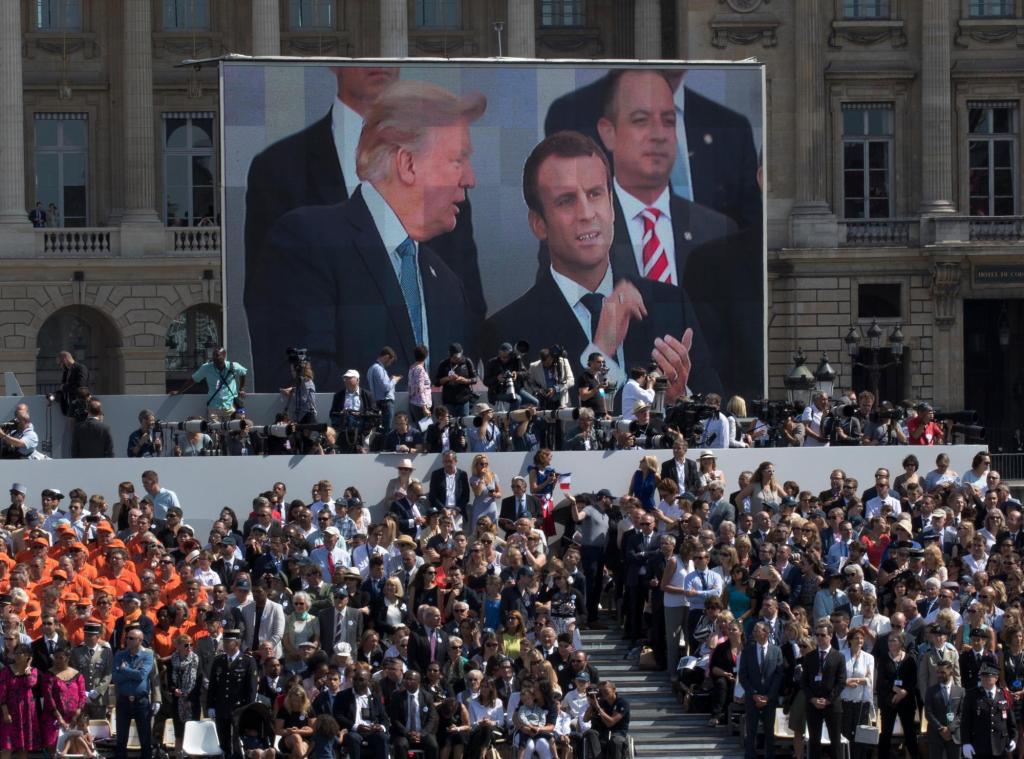## From Veterans Day to Victory Day: Is Trump Trying to Rewrite History?
Gamers, have you ever wondered what it would be like to rewrite the rules of a game? Now imagine someone trying to rewrite the rules of history. That’s precisely what’s happening with Veterans Day. President Trump has proposed changing the name to “Victory Day” in honor of WWI, a move sparking intense debate. Is this a tribute to past heroes or an attempt to sanitize a complex and often controversial past?

Virtual Commemorations: How Games Can Honor Veterans & Military History

Gamers have a unique opportunity to engage with history and commemorate Veterans Day in meaningful ways. Video games, with their immersive narratives and interactive experiences, can offer powerful platforms for exploring military conflicts, showcasing the sacrifices of veterans, and fostering understanding of past and present struggles.
Several games have already successfully utilized this potential. “Call of Duty: WWII,” for example, offered a deeply personal and historically grounded portrayal of the experiences of soldiers on the Western Front. “Medal of Honor: Above and Beyond” utilized VR technology to immerse players in the realities of combat during World War II. Similarly, “Papers, Please” and “This War of Mine” present the complexities of war from the perspectives of civilians caught in the conflict, highlighting the human cost beyond the battlefield.
Beyond recreating historical events, games can also serve as platforms for educating players about the sacrifices of veterans. “Valiant Hearts: The Great War” incorporates a unique art style and poignant storytelling to explore the human stories behind World War I. Games like “Hell Let Loose,” with its emphasis on realism and teamwork, can foster an appreciation for the challenges faced by soldiers in combat.
The potential of games to honor veterans extends beyond simply recreating historical events. By creating engaging and thought-provoking experiences, they can spark conversations, promote empathy, and inspire a deeper understanding of the sacrifices made by those who have served.

Reimagining In-Game Events: Could “Victory Day” Lead to New Game Content?
The proposed renaming of Veterans Day to “Victory Day” for World War I, coupled with the established “Victory in Europe Day” (VE Day) celebration, presents a unique opportunity for game developers to explore new in-game events and content.
Imagine, for example, a historical strategy game like “Company of Heroes” or “Hearts of Iron IV” hosting special “Victory Day” campaigns or scenarios focusing on the pivotal battles and strategies that led to the Allied victories in both World Wars. These events could allow players to experience history firsthand, leading to a deeper understanding of the complexities of warfare and the sacrifices made by those who fought for freedom.
Multiplayer shooters like “Call of Duty” or “Battlefield” could introduce limited-time game modes themed around the events of VE Day or the end of World War I. These modes could feature unique maps, weapons, and objectives inspired by the historical context, providing players with a fresh and engaging way to experience the games.
Even narrative-driven games could incorporate elements of “Victory Day” into their storylines. Imagine a war-themed RPG where players, as veterans returning home, are confronted with the complexities of reintegrating into civilian life amidst the celebrations of victory. Such a narrative could offer a nuanced and thought-provoking exploration of the psychological toll of war.

Balancing Historical Accuracy with Entertainment: The Challenges for Developers
While the concept of incorporating “Victory Day” into games holds great potential, developers face significant challenges in balancing historical accuracy with entertainment value.
One challenge lies in accurately portraying the complexities of historical events. Oversimplifying or romanticizing war can lead to a distorted understanding of the past. Developers must conduct thorough research and consult with historians to ensure that their games present a nuanced and truthful representation of the events they depict.
Another challenge is finding a balance between realism and gameplay. While historical accuracy is essential, games must also be engaging and enjoyable for players. Developers must find creative ways to incorporate historical details into gameplay mechanics without sacrificing the fun factor.
Finally, developers must be mindful of the sensitivities surrounding war and its impact on veterans. Games should treat these themes with respect and avoid glorifying violence or trivializing the sacrifices made by those who have served.

Real-World Ramifications:
The Debate Over National Holidays & Public Recognition
The proposed renaming of Veterans Day to “Victory Day” has sparked a debate about the purpose and significance of national holidays. Some argue that the change is necessary to recognize the broader historical context of World War I and II, while others contend that it diminishes the unique contributions and sacrifices of American veterans.
This debate raises important questions about how we choose to commemorate historical events and honor those who have served in our armed forces. Should national holidays be solely focused on individuals who have served, or should they also encompass broader historical narratives? How can we ensure that these celebrations are inclusive and respectful of all perspectives?
Veterans’ Voices: How Does This Change Impact Those Who Served?
It is crucial to consider the perspectives of veterans themselves regarding the proposed name change. Some veterans may feel that renaming Veterans Day diminishes the significance of their individual service and sacrifices. Others may support the change, viewing it as a broader recognition of the historical context in which they served.
Open and honest dialogue with veterans is essential to understanding their views and ensuring that any changes to national holidays are made with their input and consideration.
From Pixels to Politics: The Intersection of Gaming and Current Events
The proposed renaming of Veterans Day sheds light on the growing intersection of gaming and current events. Gamers are increasingly engaged in discussions about social and political issues, and games themselves are becoming platforms for exploring these themes.
This intersection raises important questions about the role of games in shaping public discourse and influencing political decisions. As games become more immersive and realistic, it is essential to consider the potential impact of their content on players and society as a whole.
Conclusion
Conclusion: A Shift in Commemoration
In our in-depth analysis of Donald Trump’s proposal to change Veterans Day to Victory Day for World War I, we’ve delved into the key points and main arguments driving this potential shift in commemoration. The article highlights Trump’s reasoning behind this move, which includes recognizing the pivotal role of the First World War in shaping the United States’ global influence and honoring the nation’s war heroes. Additionally, it touches on the historical context of World War I, emphasizing its significance in American history and the importance of acknowledging the sacrifices made by the nation’s veterans. The article also explores the potential implications of this change, including the potential for increased recognition of the war’s impact and the need for a more nuanced understanding of American history.
The significance of this topic extends far beyond a mere change in calendar dates. It speaks to the nation’s collective memory and its willingness to confront and learn from its past. If implemented, a Victory Day would serve as a poignant reminder of the devastating costs of war and the importance of preserving peace. As we move forward, it’s essential to consider the long-term implications of this change and how it might shape the nation’s cultural and historical identity. Will this shift in commemoration foster a deeper understanding of American history, or will it lead to a sanitized narrative that glosses over the complexities of the past? Only time will tell.
